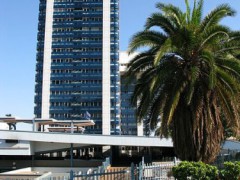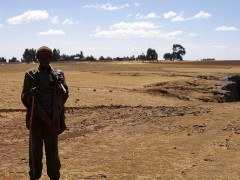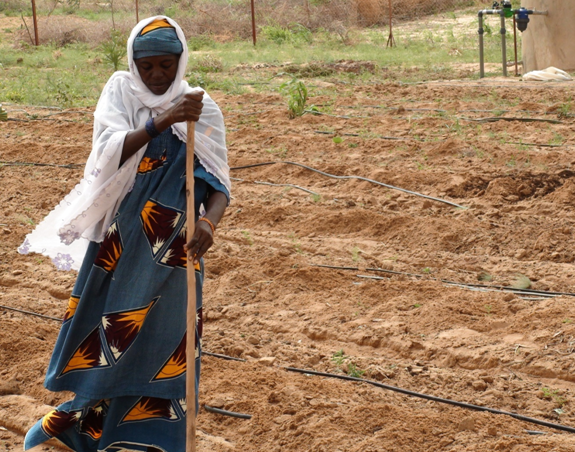-

Liquid Assets: Inter-Urban Water Management in East Africa
East Africa has the lowest level of urbanization on the continent. United Nations Population Division (UNPD) data estimates East Africa’s rate of urbanization to be 23 percent in 2007. Circular labor migration between rural areas characterizes most movement in the region. Additionally, rural-urban migration is common strategy of income diversification […]
-

Forcible Resettlement and Land Grabs in Ethiopia
Ethiopia is Africa’s biggest aid recipient, and one of Africa’s most food-insecure nations. Simultaneously, Ethiopia is one of most militarized nations on the continent, with a history of both internal and external uses of force. More recently, the forcible resettlement of semi-nomadic groups in the western Gambella region has troubling […]
-
The Greater WE: Military Interventions in a Globalized World
Global governance and the movement toward a Greater WE means a protection of global public goods, supranational structures and the harmonization of laws and procedures regarding human rights, trade and security. The Greater WE is about the common good of all, not the profit of a few. “With this in […]
-
Foresight: Three Scenarios Regarding the Monetary Union
This article was originally drafted by the Society for International Development for the newsletter “GHEA Outlook” as part of the Rockefeller Foundation’s Searchlight Process. For more Searchlight content on futurechallenges.org, please click here. The currency and inflation crisis and the EAC’s commitment to monetary union offers an opportunity to speculate about some […]
-

Land Grabs and Deforestation in South Sudan
According to a report issued by the Oakland Institute, hedge fund land grabs in Africa are a contributing factor to “food insecurity, the displacement of small farmers, conflict, environmental devastation, water loss and the further impoverishment and political instability of African nations.” The implications of land deals in the Republic […]
